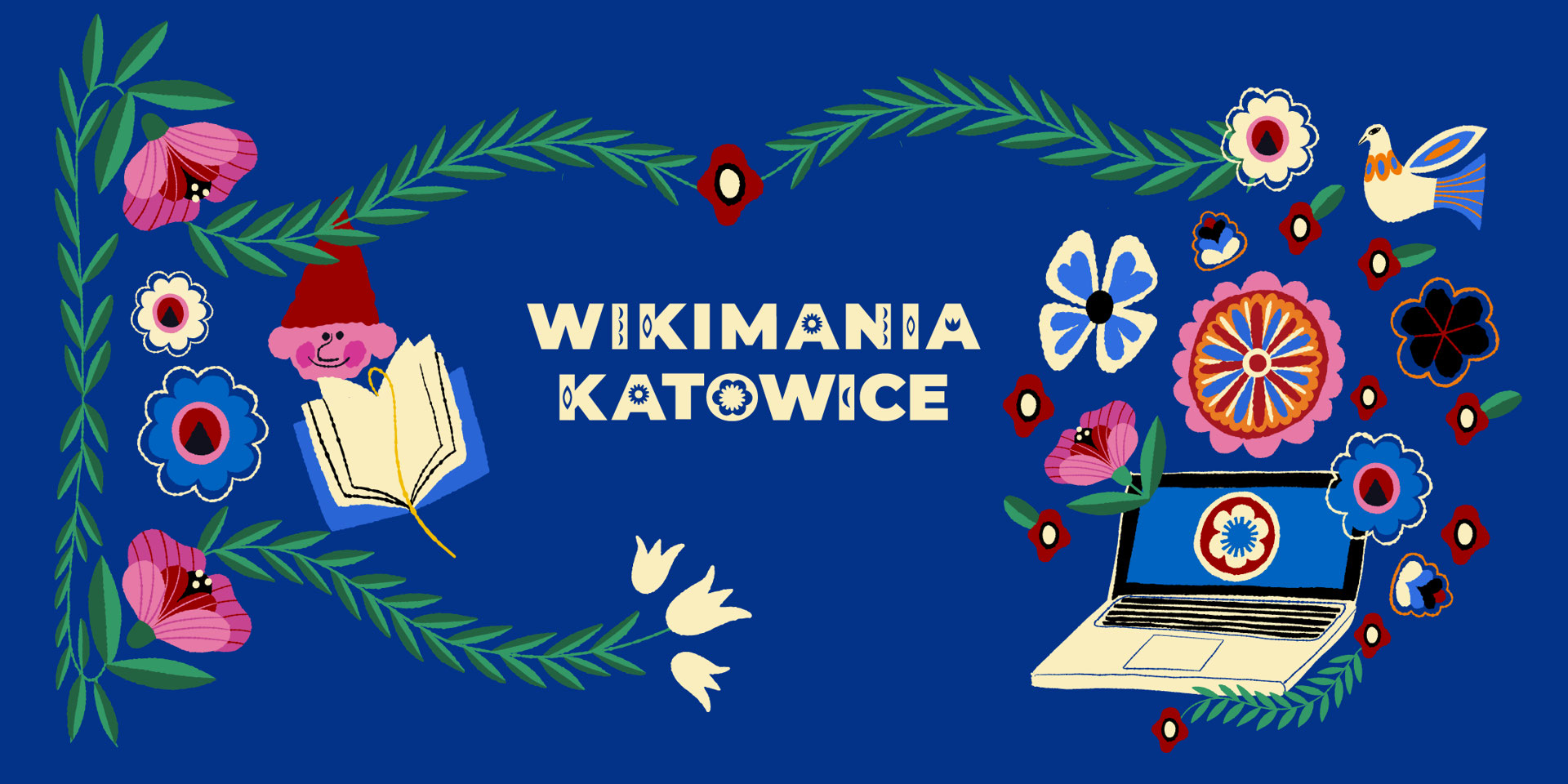Melissa Hagemann
Melissa has been a leader of the Access to Knowledge movement for over twenty years. She managed the Open Society Institute’s (now Open Society Foundations) work to define Open Access through the Budapest Open Access Initiative and went on to support the development of the global Open Access movement. To mark the 20th anniversary of the BOAI, she spearheaded the development of new recommendations which emphasize that Open Access is not an end in itself, but a means to further ends, above all, to the equity, quality, sustainability, and usability of research.
Melissa served as a member of the WMF’s Advisory Board and WMF’s
Selection Committee for Executive Director and Board of Trustees.
Sessions
Join this session to hear from organizations who are collaborating on projects and initiatives to profile the role of open in addressing the climate crisis. We will profile successes to date, highlight upcoming projects, and invite participation in our community-driven Open Goes COP movement.
We believe that open access to climate change research will enable faster and more equitable solutions to the most pressing issues of our time: climate change and the loss of biodiversity. Our panel will provide a case study of enabling global open access policies and highlight our experimentations in making seminal climate research open access.
The open science and Wikimedia communities share the common goal of developing high quality openly available content, yet collaborations between the movements have been limited. This workshop will focus on building connections between the communities, and will begin with a brief introduction to open science, followed by a presentation of different barriers that exist for open science, and examples from different parts of the world. It will then provide a structure for looking at how Wikimedians can support the development of open science policies and practices. Finally, the workshop will discuss coordinated efforts for national and regional collaborations.
The panel will aim to review current advocacy strategies in the free knowledge movement and identify ways in which they need to be adapted. We are in particular interested in understanding how an expanded view of free knowledge – that takes into considerations new challenges around concentration of power, surveillance, market competition or emergent technologies - requires us to revise our advocacy strategies.

